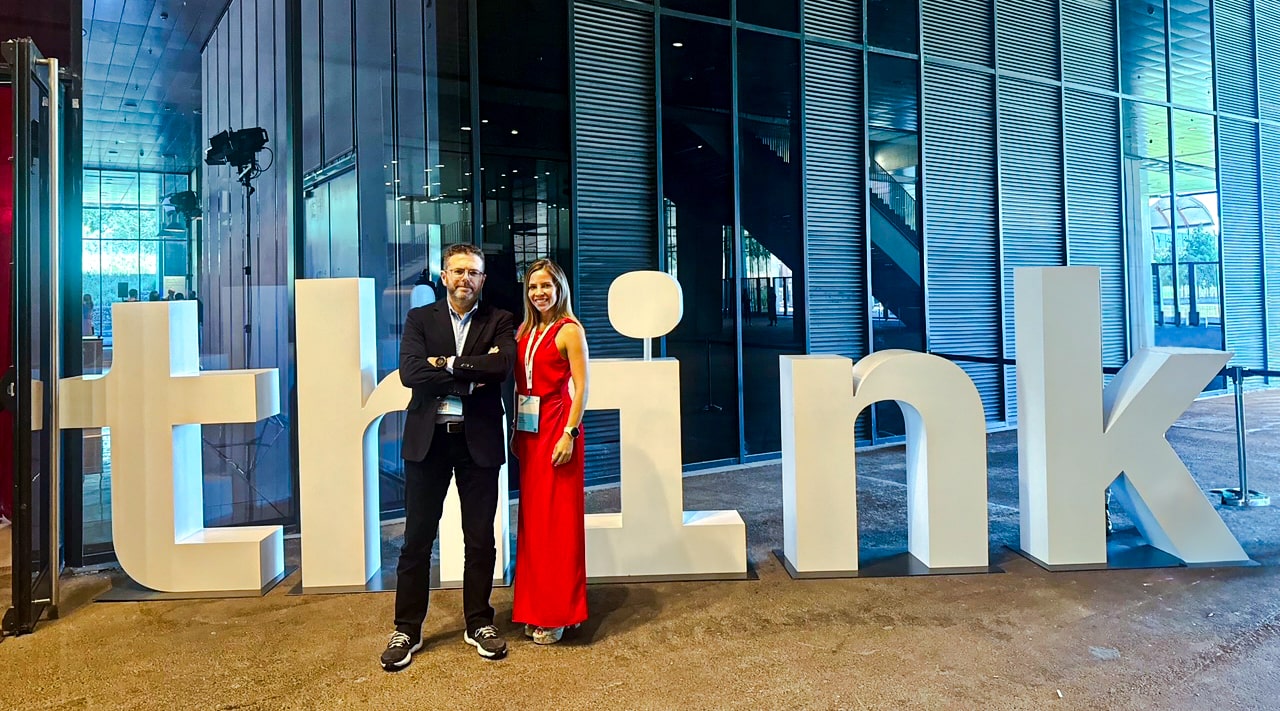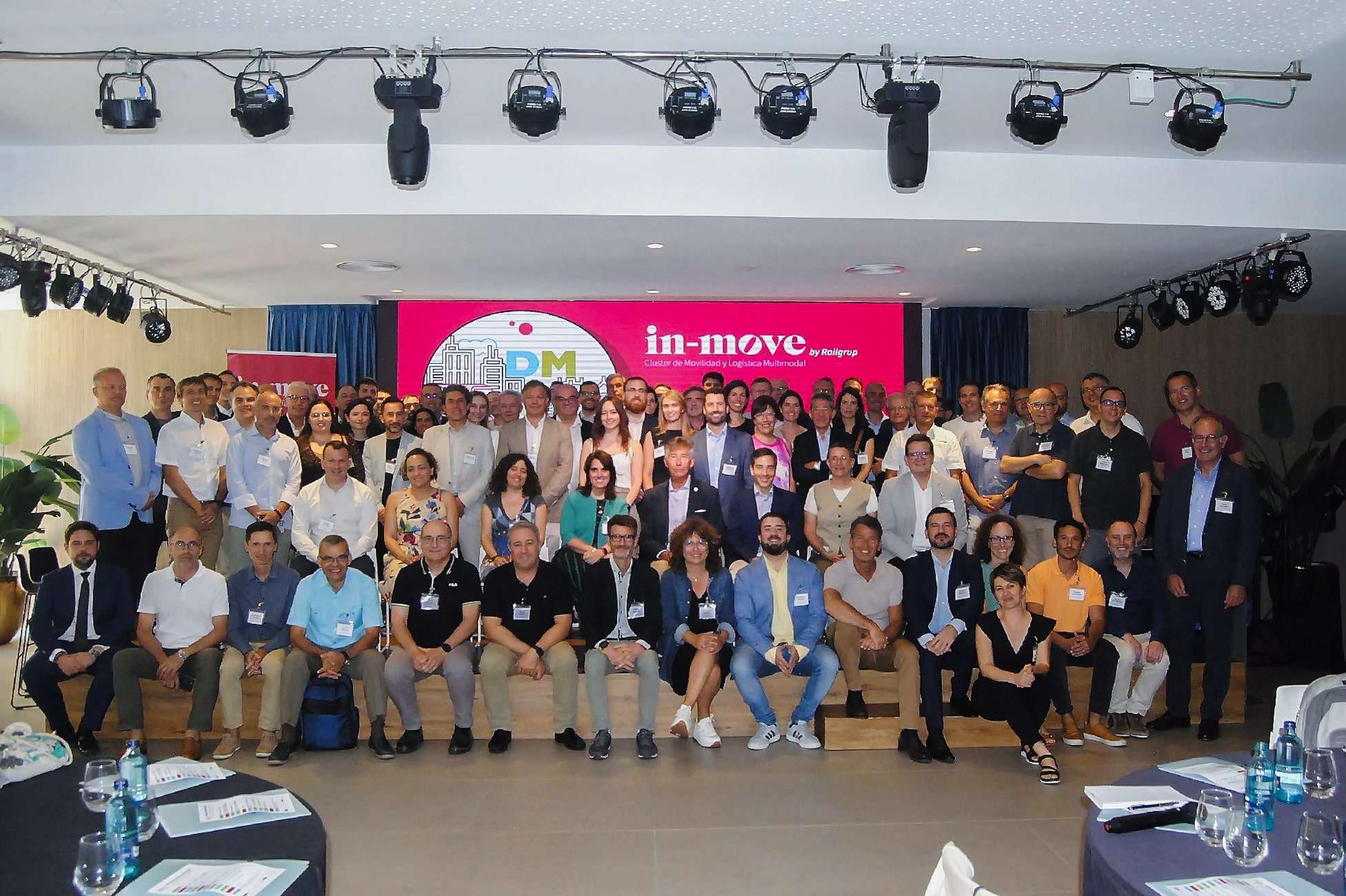Big Data, Internet of Things and Cloud: closer to Industry 4.0
Augmented reality, human-robot collaboration, artificial intelligence and avatars are some of the symbols that are beginning to appear on the horizon of Industry 4.0. As we move towards this new reality, the most evident progress in all types of companies has been made thanks to the arrival of a new generation of software that allows us to optimize our management and reduce energy and maintenance costs.
Although they often appear in hybrid form, we present a categorization of the three main trends in the market:
- Big data. Analytics based on huge data sets has become the great competitive advantage of recent years. New computer programs convert the deluge of data around us into useful and valuable information. These analyses help to optimize the management of customer management systems, human resources and production processes: they identify possible unexploited niches, ways to improve, prevent errors and, in short, support better decision-making in real time. This new enterprise resource planning is known as ERP.
- Internet of Things or the digital interconnection of everyday objects through the Internet. Until now, companies have only connected certain equipment to the grid, usually subject to a system for controlling the manufacturing process or monitoring energy expenditure. But with the Industry 4.0 Internet of Things, this process extends to all devices, which are already starting to communicate and interact with each other to improve the functioning of the entire system. For example, we will be able to know which appliances are on or off at all times, or which foods are about to expire. Another advantage is related to the geolocation of objects: the misplacement of our products, on sale or in stock, will be a thing of the past.
- The cloud. More and more companies are turning to cloud-based solutions for some business and analytics applications, but Industry 4.0 will require more data sharing across geographically separated sites. As a result, we are moving to a new business space characterized by teleworking and telemanagement that allows energy cost savings and, in many cases, more flexible working hours that can be adapted to personal conditions. As the performance of cloud technologies improves, more and more production systems will become cloud-based.
In conclusion, the world has changed and is becoming more and more digital and intelligent. Users have surpassed the advances and management of technologies and companies, if they want to be part of the world that embraces customers, must get on board the boat of digital transformation, Big data and the Internet of Things.
By IbizComputers
Últimos posts

IBM Think 2024 bets on Generative Intelligence and It Automation solutions

aggity participates in the “Mobility Dialogues” meeting organized by IN-MOVE by Railgrup

aggity appoints Diego Viudes as new commercial director for the spanish business

Key developments in green innovation

Aggity signs a commercial agreement with Sener to address energy efficiency and decarbonization projects in the industrial sector.

“Sustainability, without data, is simply a pipe dream.”

Improvements in corporate data protection





